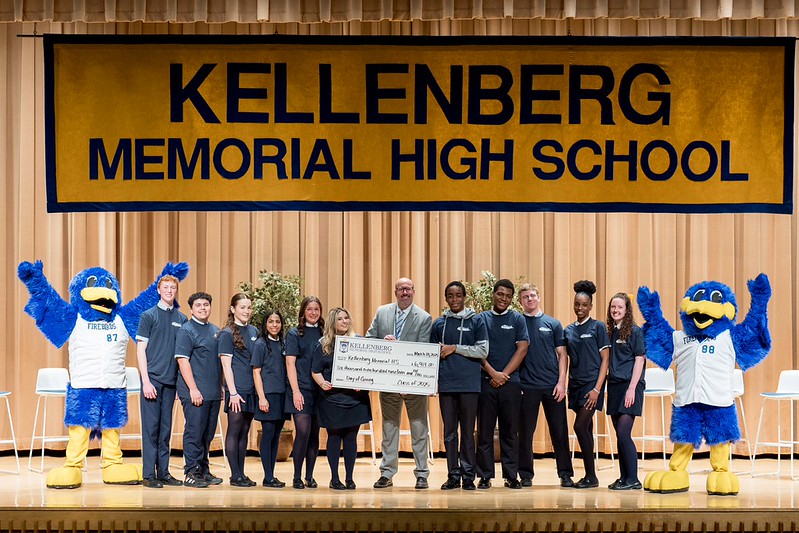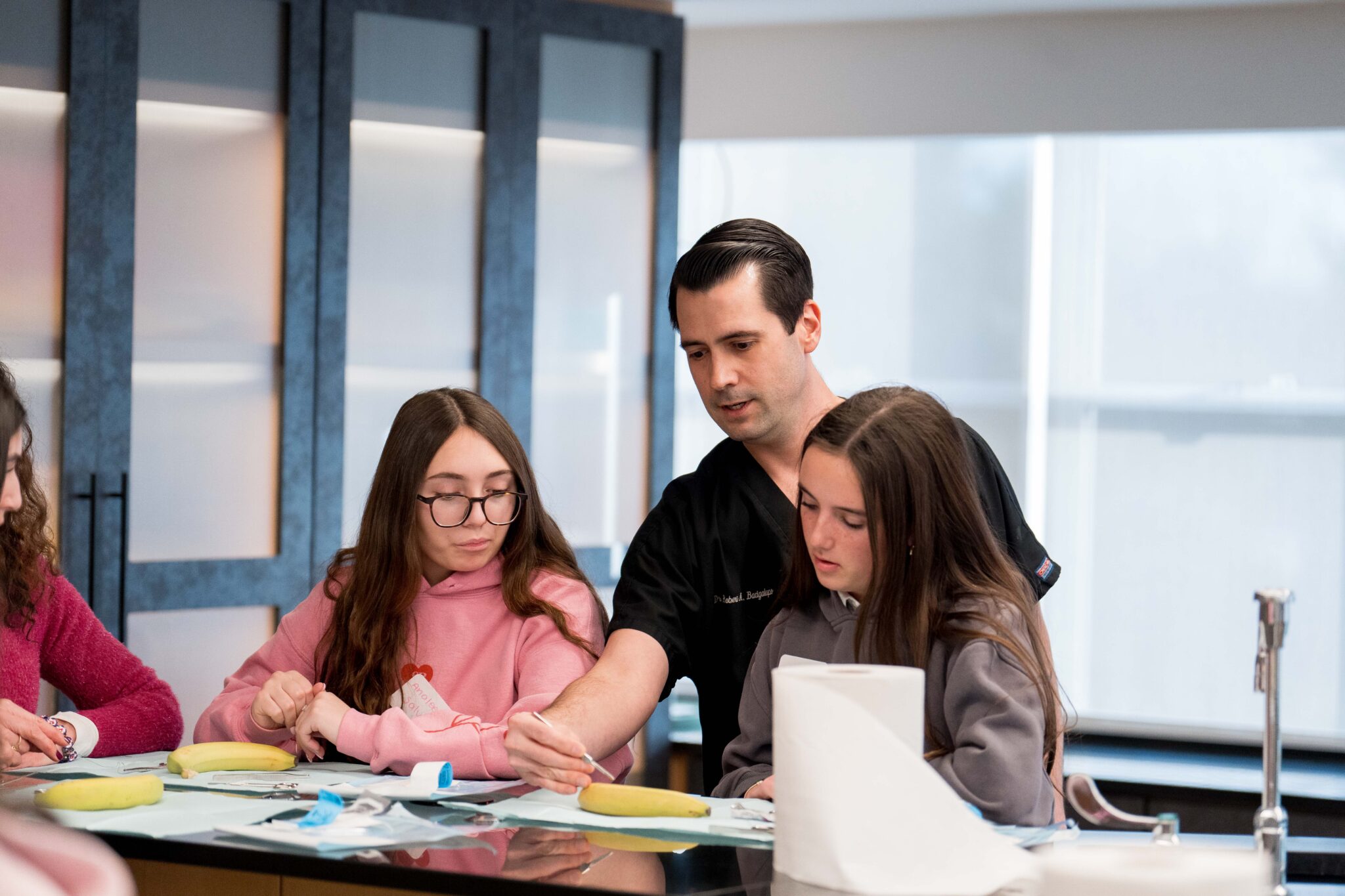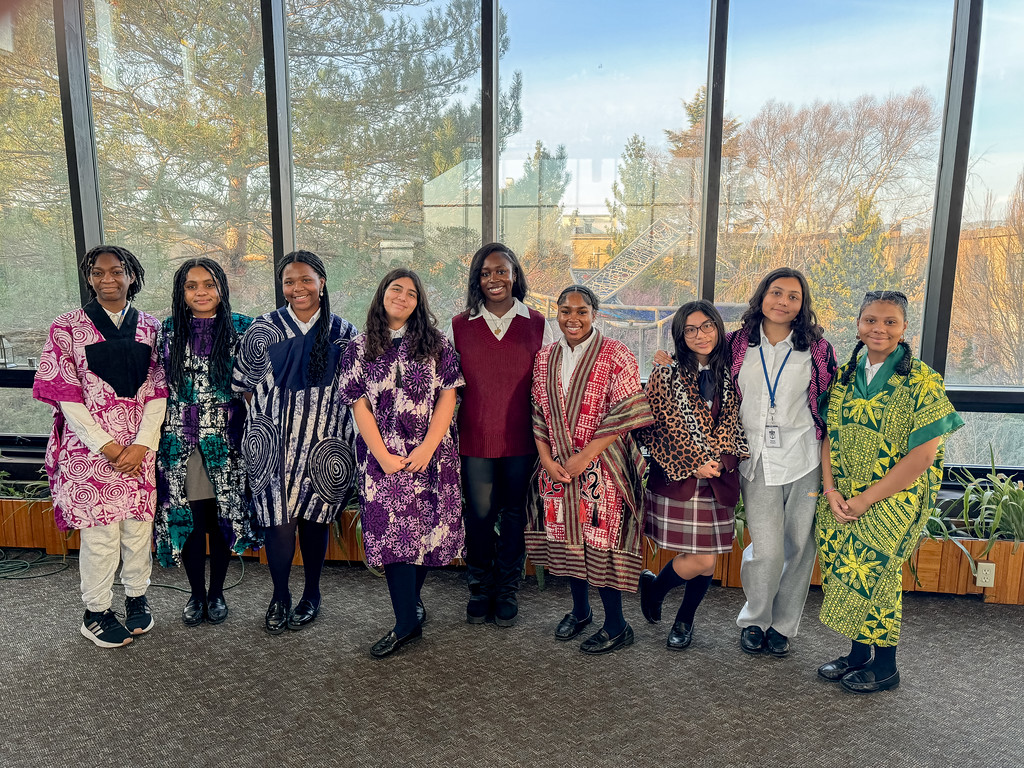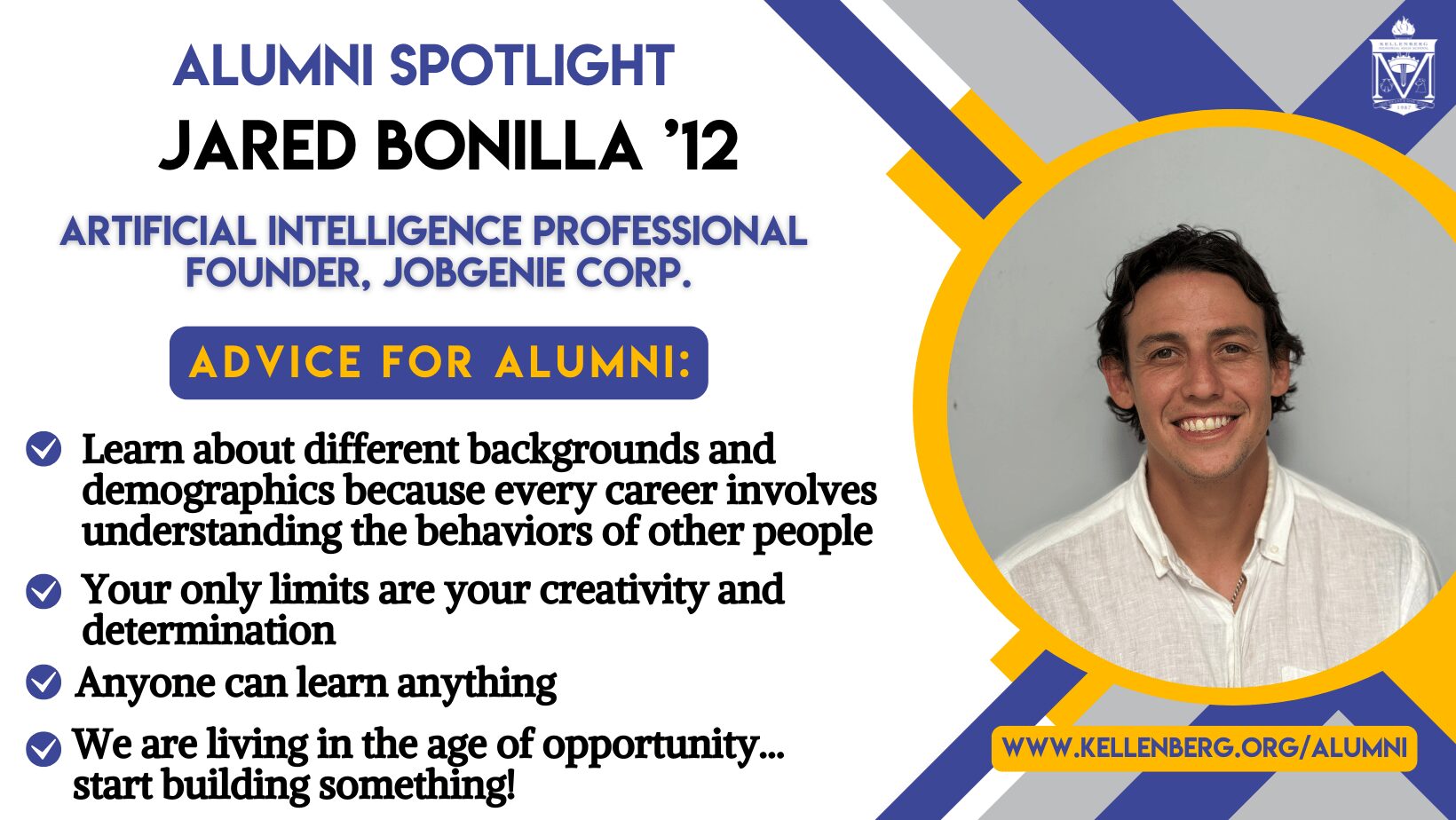
Alumni Spotlight: Carolina de Elia, MD '04
Dr. Carolina de Elia ’04 graduated from St. George’s University School of Medicine in 2013. She completed her residency in West Virginia and worked in the VA Hospital as an internist. In 2017, Dr. de Elia returned to New York for her fellowship training in Palliative and Hospice Medicine. She is currently the Director of Palliative Medicine at Huntington Hospital, where she has led multiple department and hospital-wide incentives specifically focused on improving healthcare delivery to the aging population. While she is clearly very active in the hospital setting and hopes to continue to grow in her field, her life goes far beyond medicine. Dr. de Elia has two beautiful, smart, and active little ones. Although she admits the balance of motherhood and medicine is not easy, she cannot imagine her life any differently.
What inspired you to specialize in palliative healthcare?
This is not a short answer, but I will try my best. It’s important to understand what palliative medicine is because so often people think it’s solely end-of-life care. Palliative medicine is a supportive specialty that helps patients with any chronic disease LIVE with their disease. Whether it’s symptom management, emotional support, or spiritual support, it is a team that focuses on the whole patient and tries to provide them with what they need to continue living a dignified life while getting disease-oriented treatments. Often, we associate this with cancer patients.
Hospice is a specialty that focuses on end-of-life care and helps patients who are dying of their disease. It gives support to a person when his or her disease no longer has safe or effective curative treatment options. I often call this a symptom-oriented treatment to remind patients that they continue to be supported and never abandoned. The underlying theme in this specialty is support and dignity.
As a medical resident in the intensive care unit, I reveled in the excitement of procedures and immediate patient response with some of the interventions. Yet, aside from that technical and textbook care, I was also that resident who at 3 AM would get a call asking if I could see the patient at the end of the hall because he was dying. “The family is bedside, and no one seems to understand this isn’t working. We know you are the one who can really help.”
I would walk over, sit down, and ask what they understood about what was going on. Often, I was met with a one-sentence response which I knew was far too little understanding for the level of complexity the patient had. So, we delved into the details— we talked about what happened, what’s happening, and what will happen while focusing on the patient’s identity, passions, and priorities. Somehow time and time again what should have been devastating news ended in a beautiful conversation and an ultimate realization and plan on how to best honor the patient. Oftentimes those plans were far simpler than the elaborate interventions we were attempting.
–They want us to focus on his symptoms, his pain is an issue.
— They want to go home and be as comfortable as possible.
— They want to die with dignity.
— They don’t want extraordinary measures taken.
I never thought to do palliative medicine as a specialty until I was interviewing for my critical care fellowships and I really sat down and deconstructed what it was I truly wanted to focus most on. I have a passion for procedures and all of medicine, but I felt I had a calling to use my gift to connect to others so I can help all my patients live a more fulfilled life regardless of physical limitations or the stage of disease they may be in.
How do you think your time at Kellenberg Memorial helped to prepare you for your success in your academic and professional pursuits?
Kellenberg Memorial’s emphasis on strong morals, dedication to academic excellence, and the presence of passionate teachers collectively provided me with a solid foundation for success in my academic and professional journey. The commitment to strong academics at Kellenberg Memorial equipped me with a solid educational background, providing me with the knowledge and skills necessary for higher education and subsequent professional endeavors.
Do you have any advice for current students or young alumni who are interested in pursuing a career in healthcare?
Find a mentor, talk to people currently in the field, and get into the weeds! Send me an email; we can talk. Healthcare is huge. It’s not just being a doctor or a nurse. There are so many different specialties and opportunities to grow in this field, so find the one that suits you and brings you joy and excitement. Always remember, “Luck is what happens when preparation meets opportunity.”
Do you have any favorite teachers, coaches, or club moderators from your time at Kellenberg Memorial?
I loved every single one of my teachers! The most memorable experience I carry with me almost daily is my time on Study Tour in ’03. Everyone on that trip had an incredible impact on my life. Every single moderator was amazing. Unfortunately for her, every once in a while, Mrs. Vanderberg (Nichtern) is still forced to tolerate me when I reach out! A teacher I always wanted to thank but never had the opportunity to was Mr. Dunn. He died after I graduated. He had such a huge impact on my senior year. He taught Morality to us and one of the things he had us do was keep a journal that he told us he would read and respond to with a letter at the end of the year. His letter was so meaningful. He encouraged me to lead and always be the person I was. He encouraged me to do what mattered to me and do so unapologetically. He asked me once if the bookstore sold a specific blanket that had the Kellenberg seal on it – would students buy it? I gave my opinion and “market analysis.” A few weeks later I went to class and he gifted me the blanket. I still have it 20 years later.





